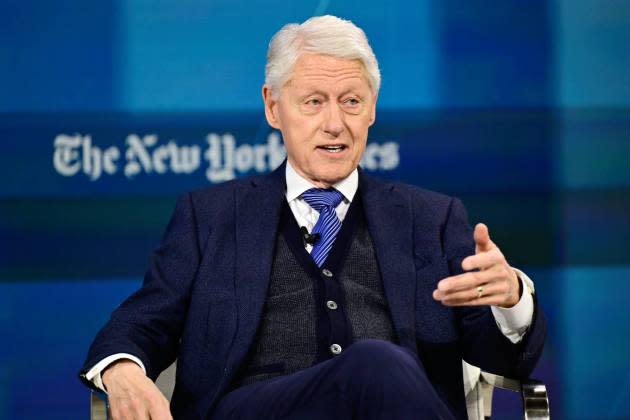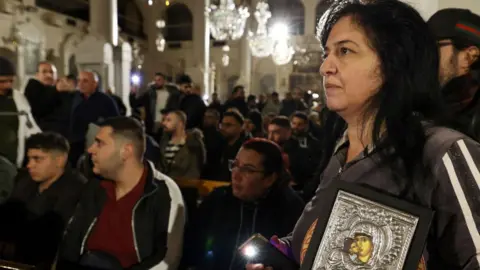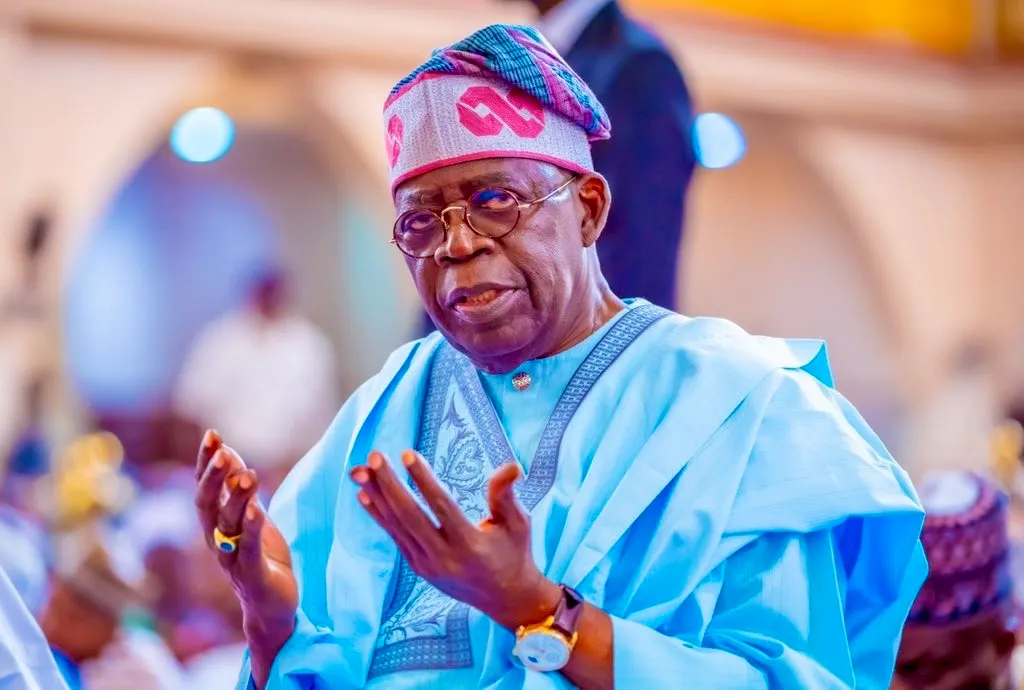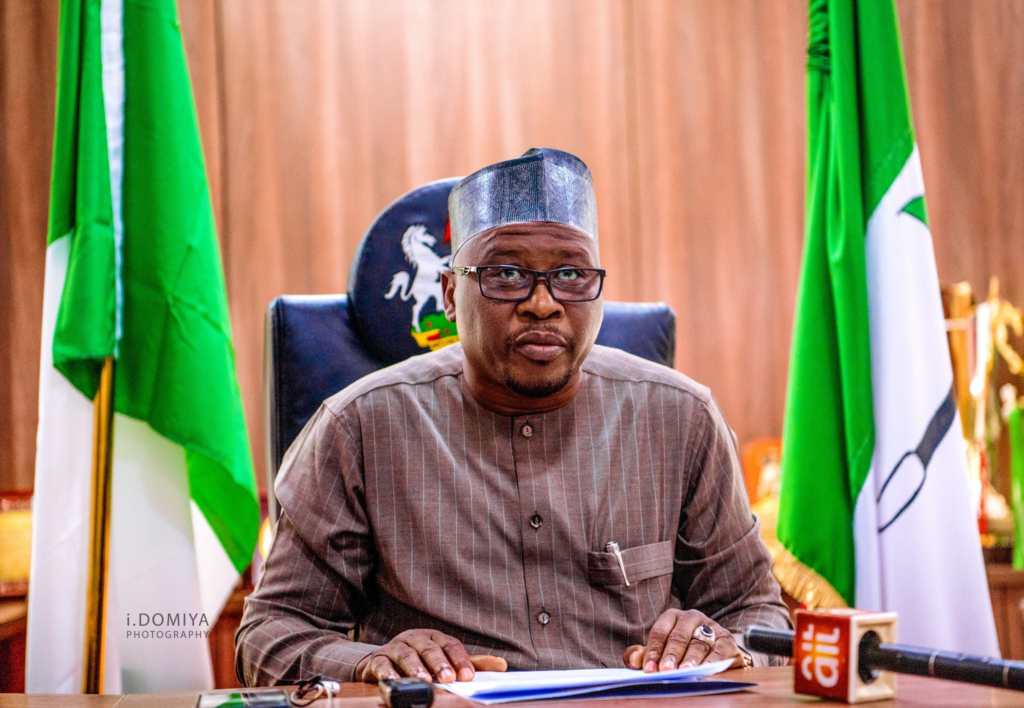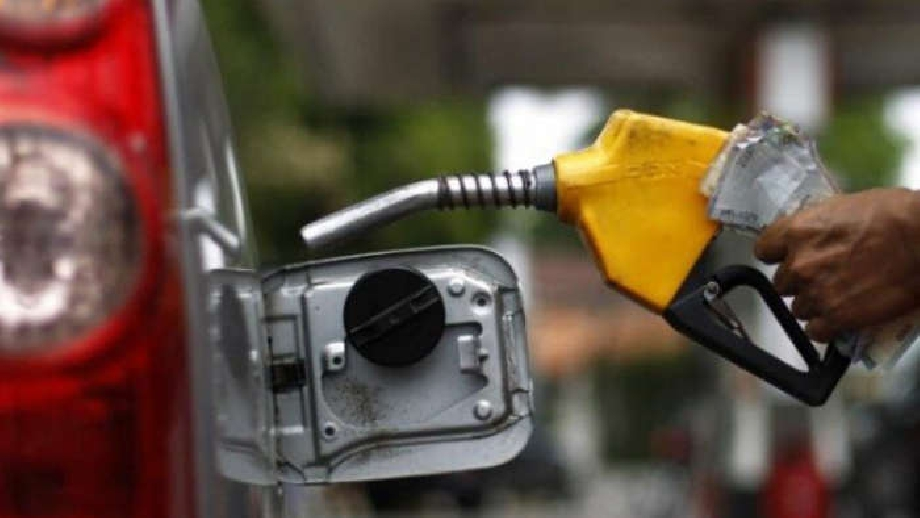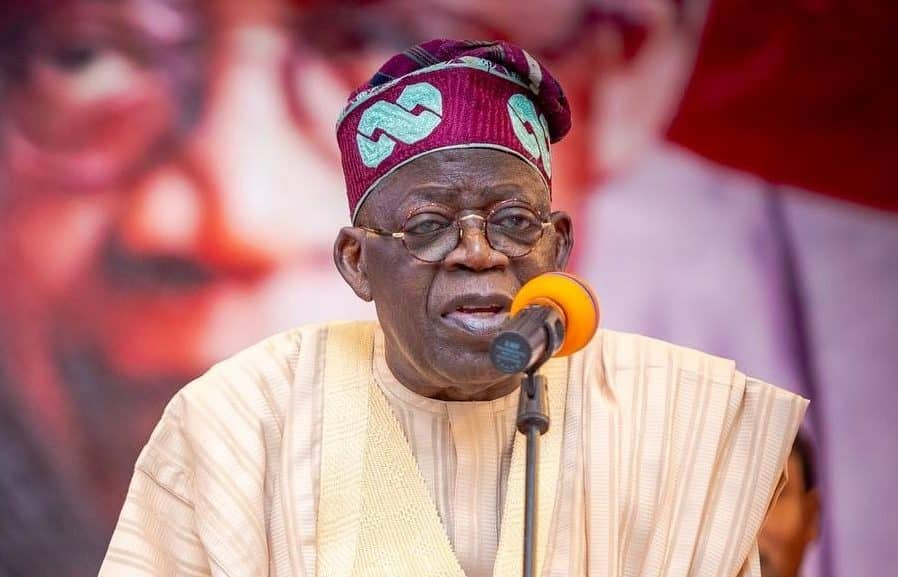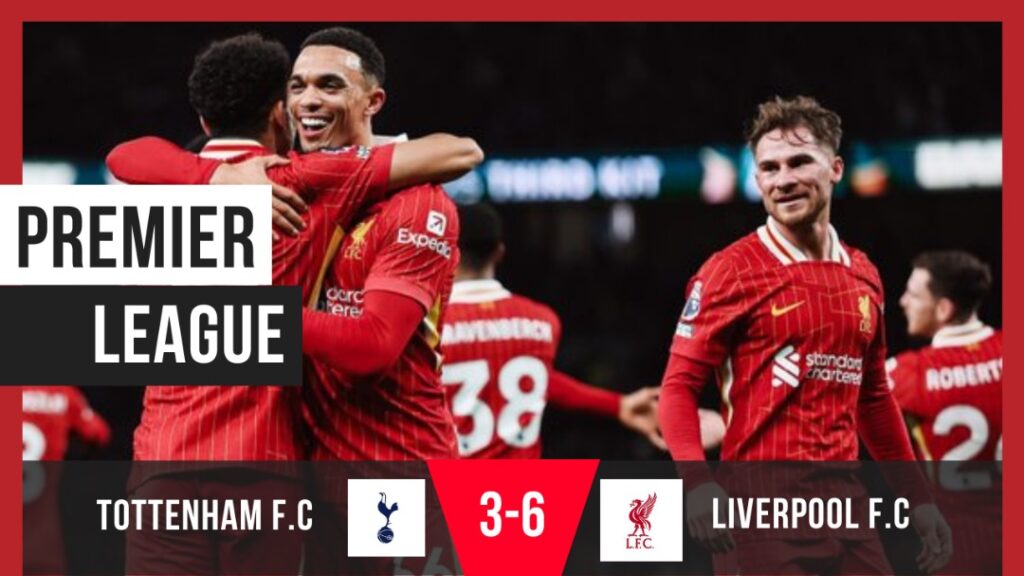Mauritania’s ex-president Mohamed Ould Abdel Aziz was interviewed by prosecutors Wednesday over potential corruption charges, a legal source said, after being held alongside other senior figures at a police station in capital Nouakchott.
Aziz “arrived at the Palace of Justice in a police van under heavy escort and brought to the prosecutor Ahmedou Ould Abdallah,” the source said, speaking on condition of anonymity.
A senior police source had earlier said about 30 people were waiting to be interviewed by the prosecutor.
The prosecutor is expected to complete his hearings with the group in the coming days, before deciding whether to recommend charges.
“This is about dragging a whole system and its men before the police and besmirching their honour,” Aziz’s defence lawyers said, adding that he is “protected” by the constitution as a former president.
One of the lawyers, Mohameden Ould Icheddou, said his client would refuse to answer questions or sign any documents.
He added that the case is “unwelcome because the situation in our country calls for reconciliation and appeasement”.
Aziz, 64, seized power in 2008 and served two terms as president before being succeeded in August 2019 by Mohamed Ould Cheikh El Ghazouani, his former right-hand man and ex-defence minister.
Ghazouani has kept Aziz at arm’s length since he came to power, however.
Last year, the parliament in the vast Saharan nation of 4.5 million people established a commission to investigate suspected embezzlement under Aziz.
Among other issues, the inquiry probed the handling of oil revenue, the sale of state property, the winding up of a publicly owned food-supply company and the activities of a Chinese fishing firm.
Police then detained Aziz in August for questioning in the case, before stripping him of his passport.
The former president refused to answer their questions, however, and accuses Ghazouani of seeking to settle scores.
It was not immediately clear which other officials were in custody alongside Aziz on Wednesday.
But the police officer said the group includes two former prime ministers and 11 ex-government ministers, as well as businessmen connected to the case.
NA












